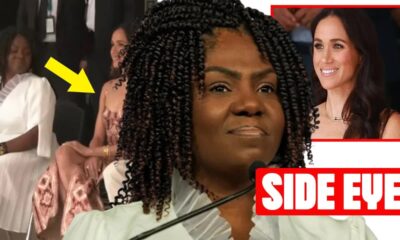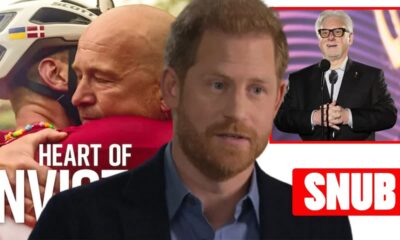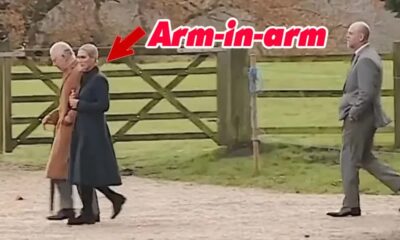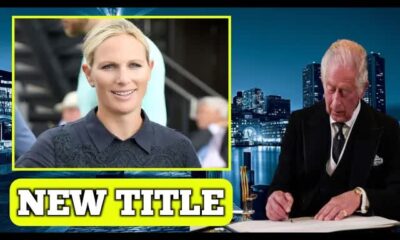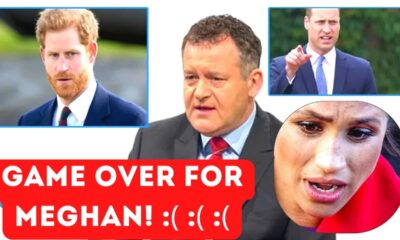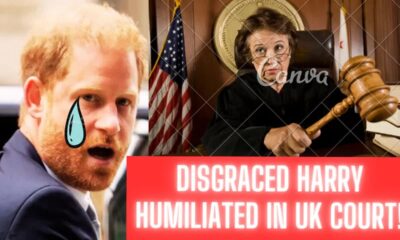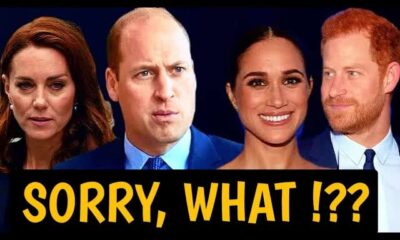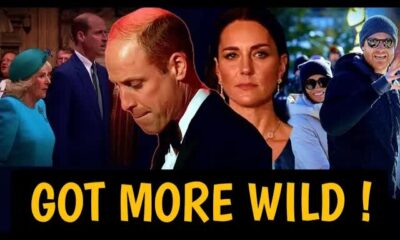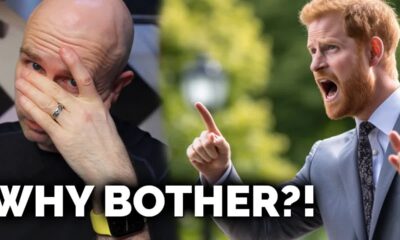All round
Robin Thicke says he lied About Writing “Blurred Lines”
“Blurred Lines,” the pop hit that swiftly became one of the most intriguing and controversial songs of the new millennium, has now produced even more uproar, owing to the release of incredibly odd depositions provided by the song’s vocalist, Robin Thicke, and producer, Pharrell Williams. The sworn testimony, which was presented for the first time in a federal court in Los Angeles on Monday, includes topics like composition, song credit, drug addiction, and media marketing, and is practically guaranteed to alter public opinions of a successful song that was called “Song of the Summer” last year.
If you’re not up to date on the “Blurred Lines” saga, the song is being criticized for being a rip-off, according to Marvin Gaye’s children, who are threatening to sue Thicke and Pharrell Williams for plagiarizing their father’s 1977 song “Got to Give It Up.” (To defend themselves against such charges, Thicke, Williams, and song co-writer Clifford “T.I.” Harris filed their own lawsuit.)
Even more intriguing, in claiming that their song is not influenced by the Marvin Gaye hit, Thicke has been forced to concede that he lied about writing it with Happy hitmaker Pharrell in the first place.
Thicke admitted he was intoxicated, high, and lying when Thicke claimed to have co-written his international hit, Blurred Lines. Thicke reportedly stated Pharrell Williams “geniused the whole [song]” when testifying under oath in the plagiarism suit.
Thicke said, “The record would have happened with or without me. None of it was my idea … I was drunk … [and] I’d say 75% of it was already done when I walked in.”
Trending:
- Meghan Markle Steals the Spotlight Again: A Royal Engagement Gone Awry
- “Harry and Meghan’s Tense Moment: A Marriage Under Scrutiny”
- Tension Unveiled: Frances Marquez’s Discontent with Meghan Markle in Colombia
- Elton John’s Scathing Remarks Leave Meghan Markle in Tears at Music Awards
- Meghan Markle’s On-Set Outburst: A Diva in Disguise?
“To be honest, that’s the only part where — I was high on Vicodin and alcohol when I showed up at the studio. So my recollection is when we made the song, I thought I wanted — I — I wanted to be more involved than I actually was by the time, nine months later, it became a huge hit and I wanted credit. So I started kind of convincing myself that I was a little more part of it than I was and I — because I didn’t want him — I wanted some credit for this big hit. But the reality is, is that Pharrell had the beat and he wrote almost every single part of the song.”
The melodic harmon became a cultural sensation when it was released in March 2013, yet there has been a significant rethinking of what the song is all about since then. “Blurred Lines,” which includes the words “Good girl, I know you want it,” has been criticized as “kind of rapey” in some quarters of the public. Thicke has also been accused of being misogynistic in recent months.
In the deposition, he was also pressed to explain why he did, in fact, cite Marvin Gaye’s song in interviews with the press, while discussing how the song came to be. (For example, he told GQ, “Pharrell and I were in the studio and I told him that one of my favorite songs of all time was Marvin Gaye’s ‘Got to Give It Up.’ I was like, ‘Damn, we should make something like that, something with that groove.’”) His explanation: He “thought it would help sell records” and he “had a drug and alcohol problem for the year … [I] didn’t do a sober interview.”
He also stated that he was “lucky to be in the same room as Pharrell” and that he made up the ludicrous story to help sell more records.
“After making six albums that I wrote and produced myself, the biggest hit of my career was written and produced by somebody else, and I was jealous and I wanted some of the credit,” Thicke said in his deposition. “When I give interviews, I tell whatever I want to say to help sell records.” Thicke is estimated to collect roughly 20% of the single’s publishing royalties. Thicke stated, “[I get] a larger percentage of publishing than I deserve.”
Despite having little involvement in the development of “Blurred Lines,” Thicke was awarded a co-writer credit, which rights him to 18-22 percent of publishing income, he says. Williams’ generosity begs the question: why would he be so generous?
During his own deposition, Williams stated, “This is what happens every day in our industry. You know, people are made to look like they have much more authorship in the situation than they actually do. So that’s where the embellishment comes in.”
Thicke’s lone contribution, according to Williams, was to propose that the second verse contain a falsetto element. “He didn’t walk in and ask me for anything, because he was late that day,” Williams explained. Instead, the Get Lucky singer was inspired by Thicke’s “bluegrassy” voice timbre, creating a chord structure that “you would typically hear on a fiddle.” Williams also said that TI’s rap segment was supposed to be recorded by 2 Chainz and Kevin Hart.



















